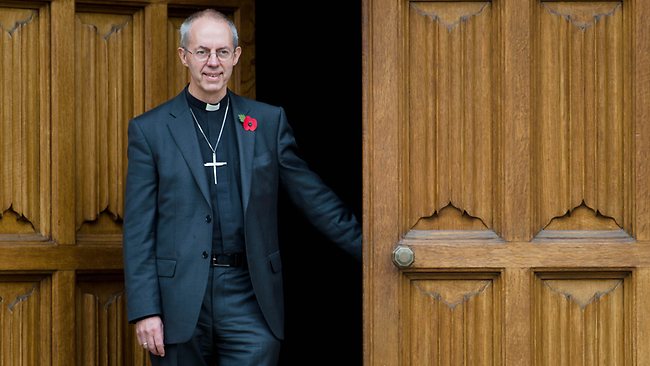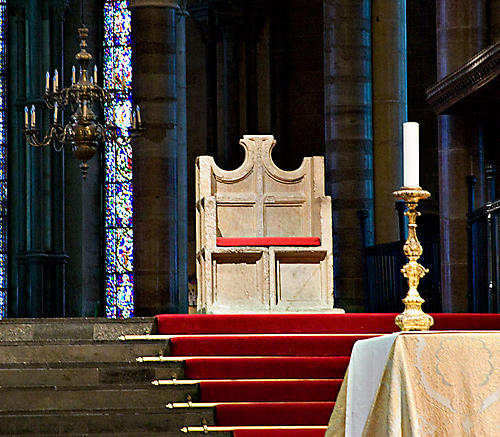Published by Daily Mail
 “The archbishop / Is the King’s hand and tongue; and who dare speak / One syllable against him?”
“The archbishop / Is the King’s hand and tongue; and who dare speak / One syllable against him?”
So asked Sir Thomas Lovell in conversation with Gardiner, Bishop of Winchester, in Shakespeare’s Henry VIII.
We know, of course, how things turned out for that King’s ‘hand and tongue’ under the next Queen – ‘Bloody’ Mary.
Archbishop Thomas Cranmer, architect of the Church of England’s XXXIX Articles and author of the vernacular Book of Common Prayer, went on to have a great many syllables spoken against him, principally by those who were suddenly aware that royal patronage had shifted, religion reverted, and those whose theology and beliefs were once in favour became the new outcasts and heretics – ‘a pestilence/That does infect the land’. Such is the ebb and flow of spiritual myopia and religious fanaticism. Continue reading

